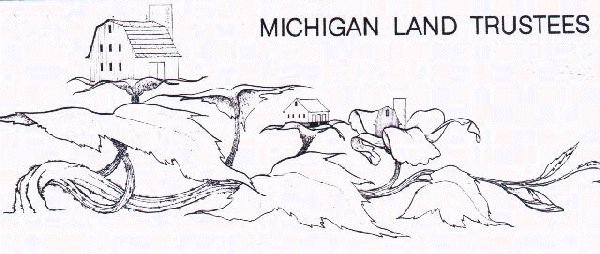
Michigan Land Trustees Newsletter
September, 1993
BACK IN AMERICA
Michael Kruk

